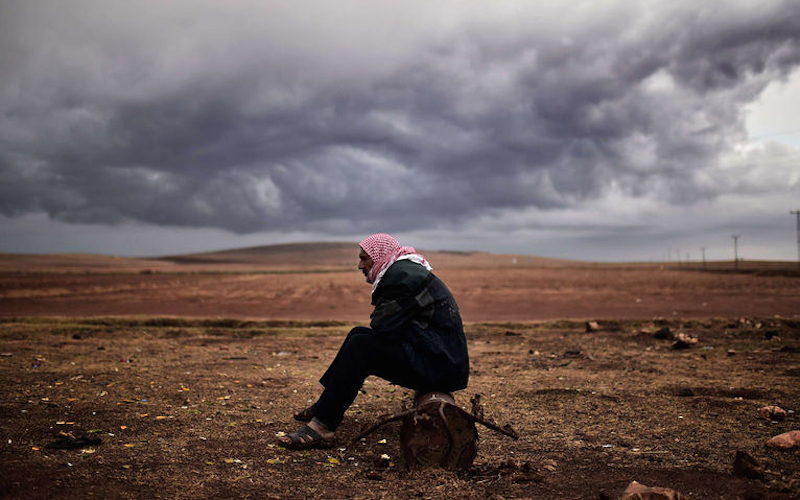
What to do about Syria?
As they have done many times before, the people of Syria have called upon the international community to help solve, or at the very least, help end, their civil war. The world has ignored the violence for too long. What can be done?
It is important, in my view, not to try to end the violence with more violence. Every person killed is a person too many. And therefore, any military intervention would probably do more harm than good. This creates a fundamental conundrum for the international community, as we do not have many tools to end violence without the use of counter-violence.
Terrorism research states that one option for ending campaigns of violence is decapitation. Decapitation refers to the arrest or killing of leaders, as in the case of Osama bin Laden, and is thought to be somewhat successful in the ending of violence. Decapitation could be applied with regards to Syria with the taking out of Assad. I recommend capture and arrest and trial, instead of killing, as this will be in line with the principles of the Western democracies and will avoid making him a martyr.
To end the violence of ISIS, it is more difficult to recommend policy options. In the past, I have always argued against the use of military violence, as each military intervention, even drones, result in casualties and collateral damage.
And we know from research on terrorism that each person killed can inspire another one to become a terrorist. Death of a loved one by the ‘enemy’ is a common cause for radicalisation, as in the case of suicide bombers.
Arguably, the intervention in Iraq is one reason for the emergence of ISIS. Therefore, we need to find ways to end violence without the use of violence. One futuristic option that comes to mind is to find ways to apply medical models to violence. Violence in psychiatry is responded to with drugs that calm the patient down and make them happier, so that their motivation to use violence declines. Also, patients are secluded in order to avoid harm to others or themselves. The transference of these ideas to military strategy seem futuristic, but research should be done if there is the possibility of using these principles in violent conflicts. For example, certain chemicals that fulfil the function of calming humans down and elating their moods could be dispersed over conflict zones.
The technicalities might be difficult to solve, as again we know from terrorism research that the use of chemicals, in their case to attack and harm people, is difficult to manage. Aerosols have to be devised and the meteorological conditions need to be right for the chemical to be effective. But research could potentially solve this problem. International law could also be a problem with the rules against chemical warfare. However, if the drugs are not capable of harming individuals, and calm them and change their moods, this would be rather a medicalisation of the conflict rather than chemical warfare.
I have also always argued that the longstanding extreme violence in the broader Middle East will only be solved with development and democracy and a restraint of violent military action. As soon as the conflicts are ended, the Western democracies need to focus on investing in the Middle East. Prosperity can bring peace, as we know from the literature on civil war causation. This must be the second step in countering the violence in Syria, but it depends on the successful resolution of the conflict.
This article was originally posted in International Affairs Forum.

